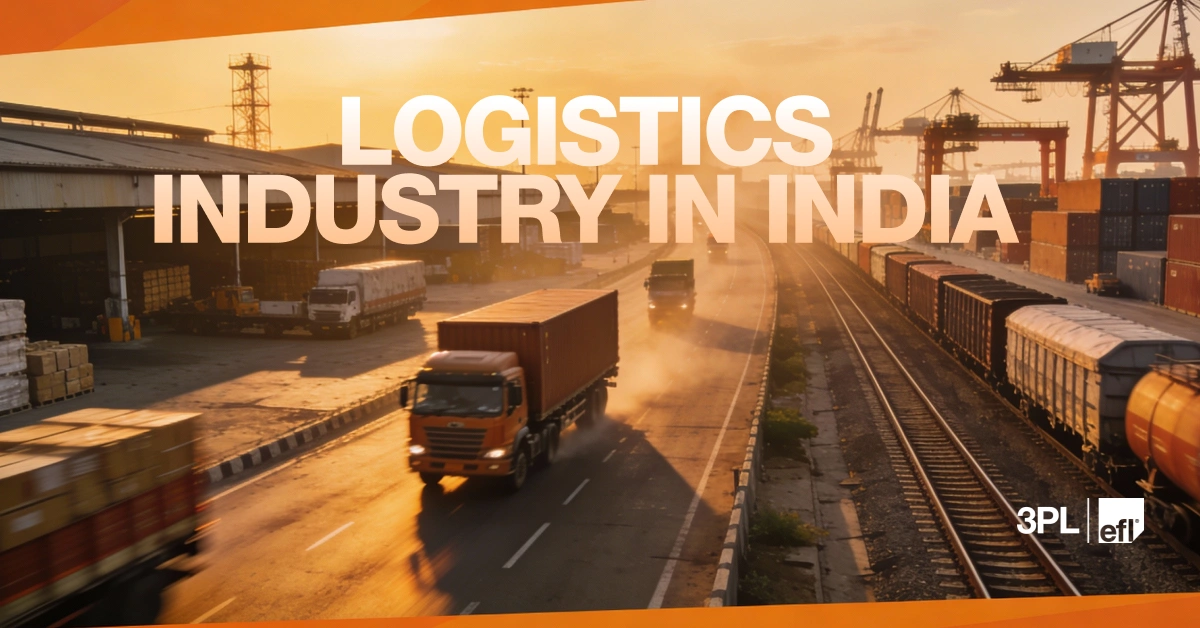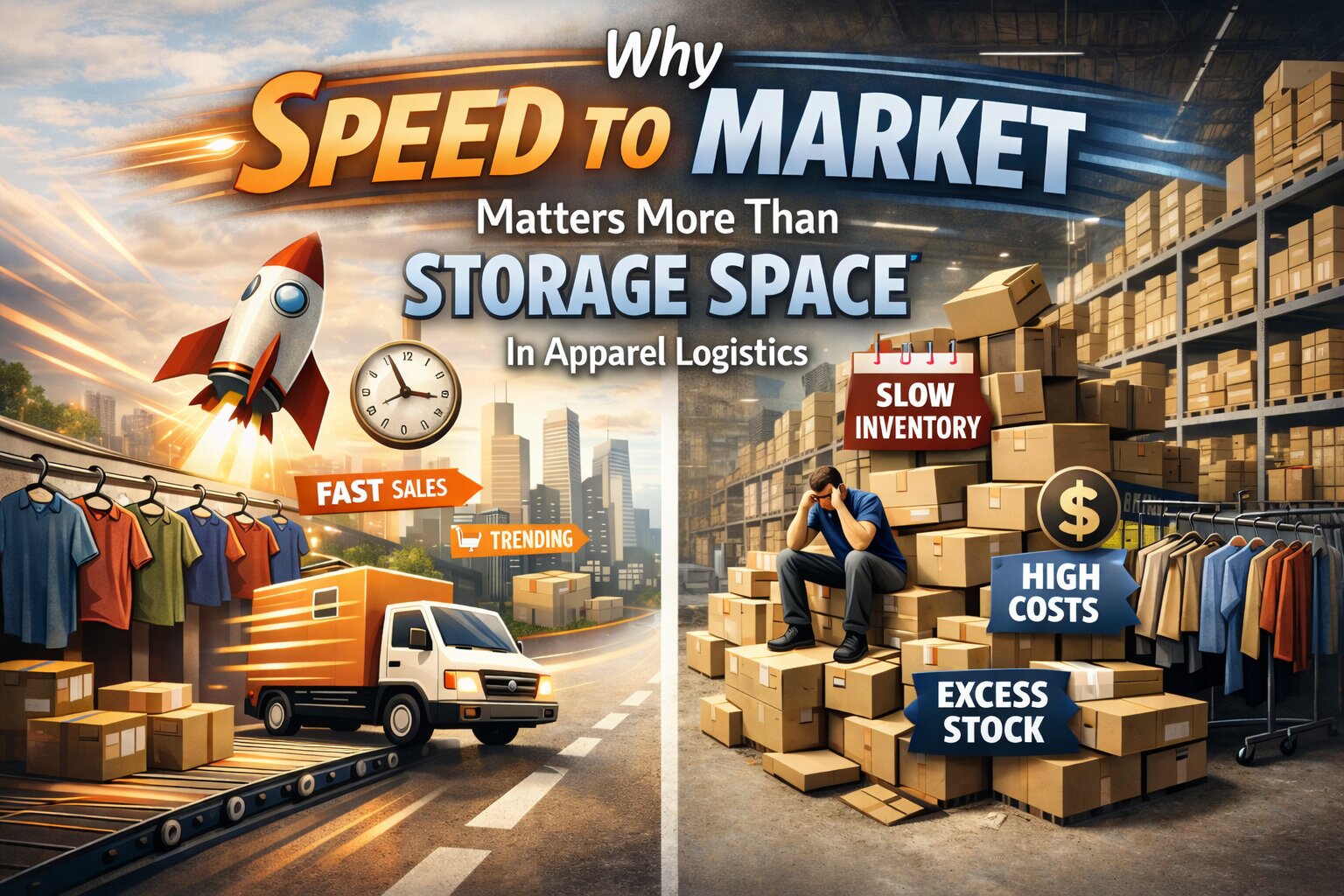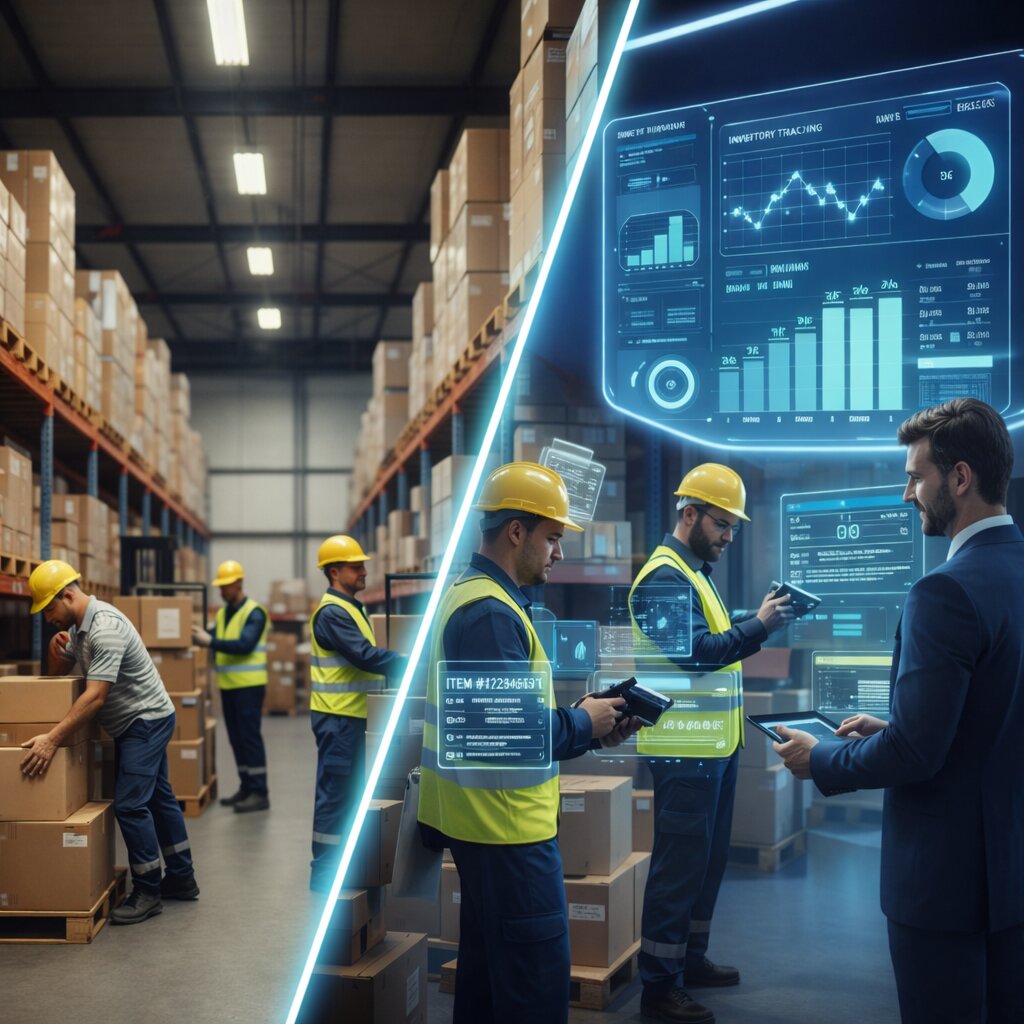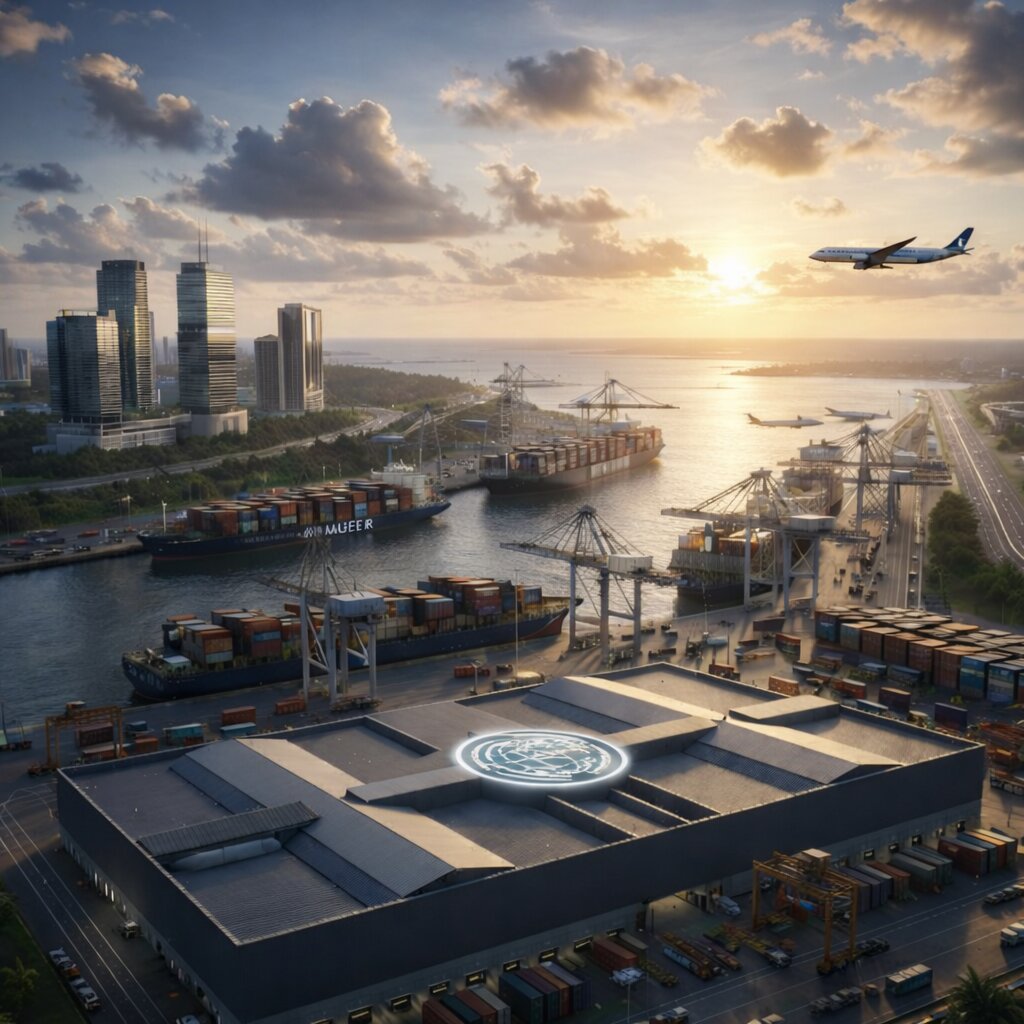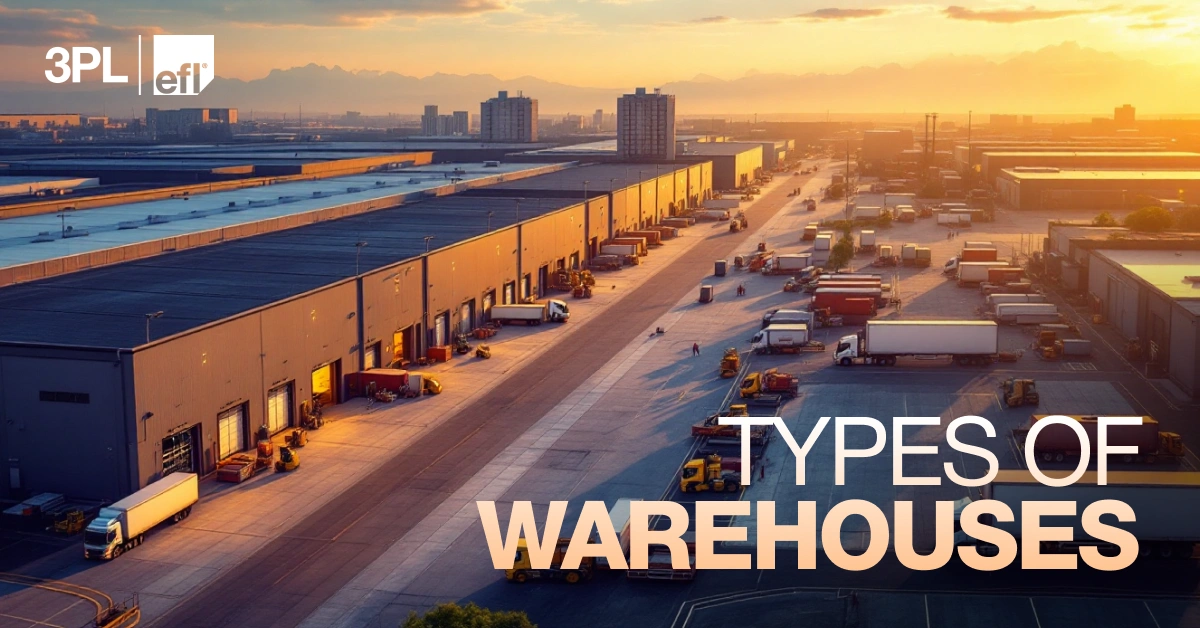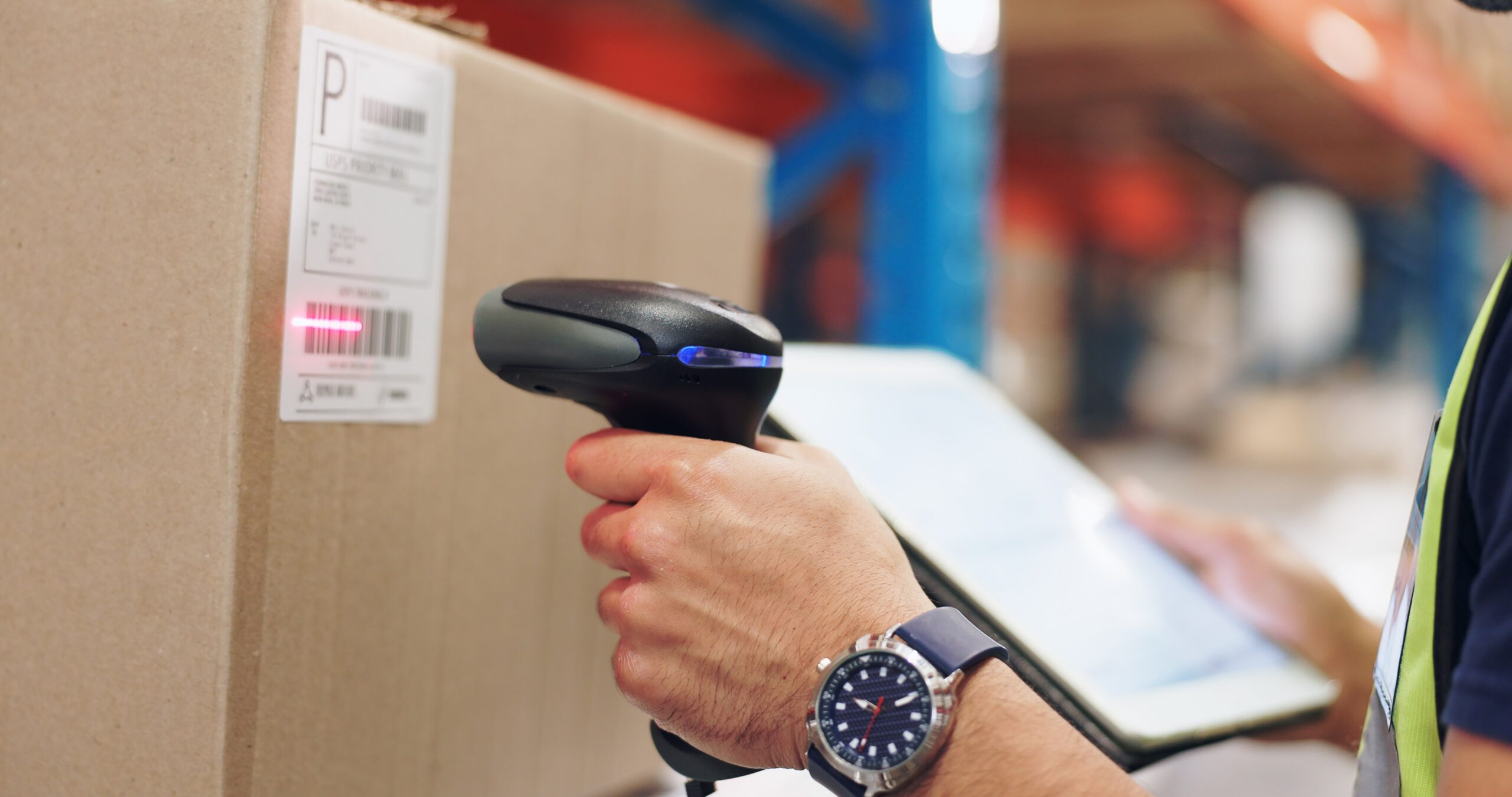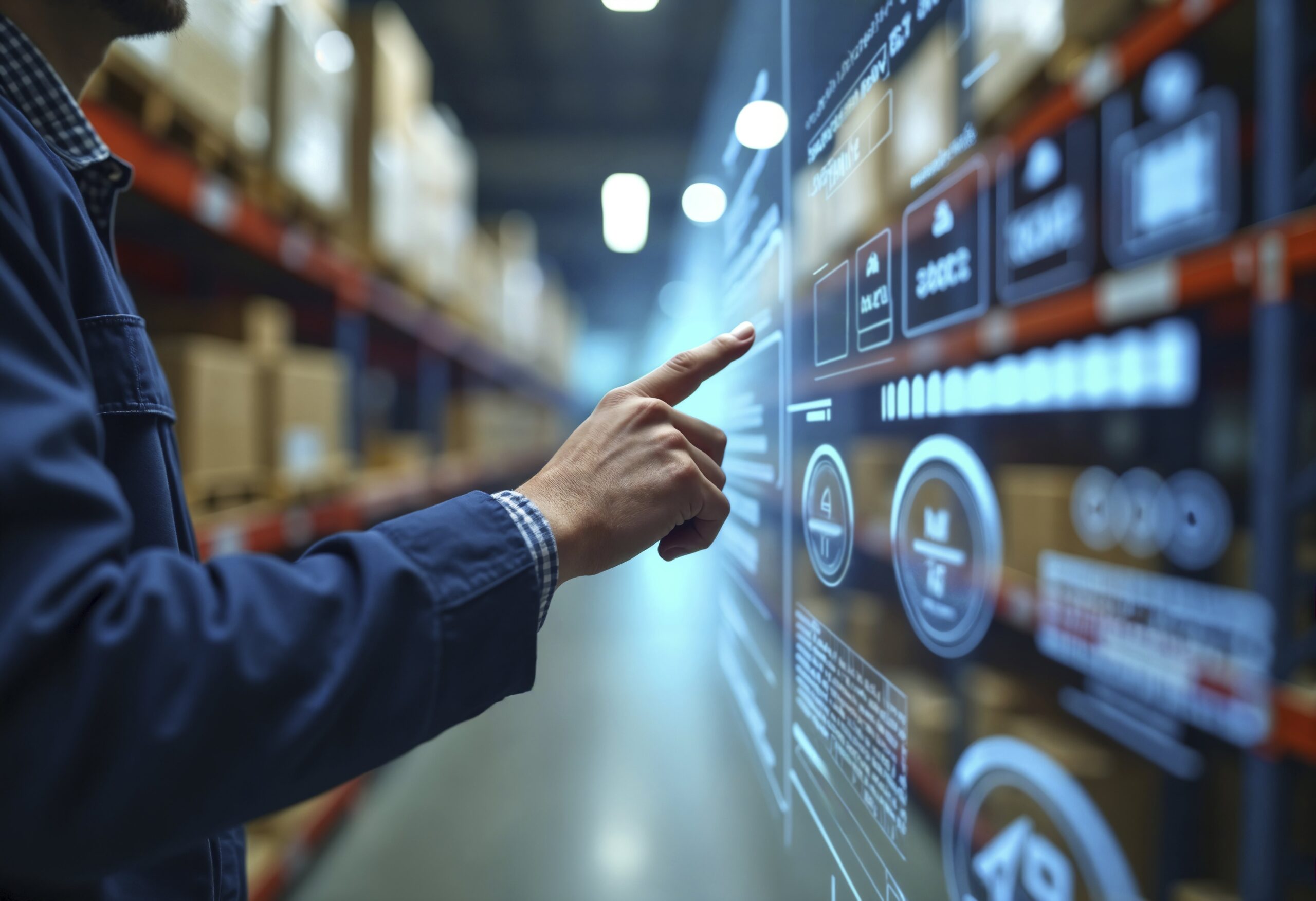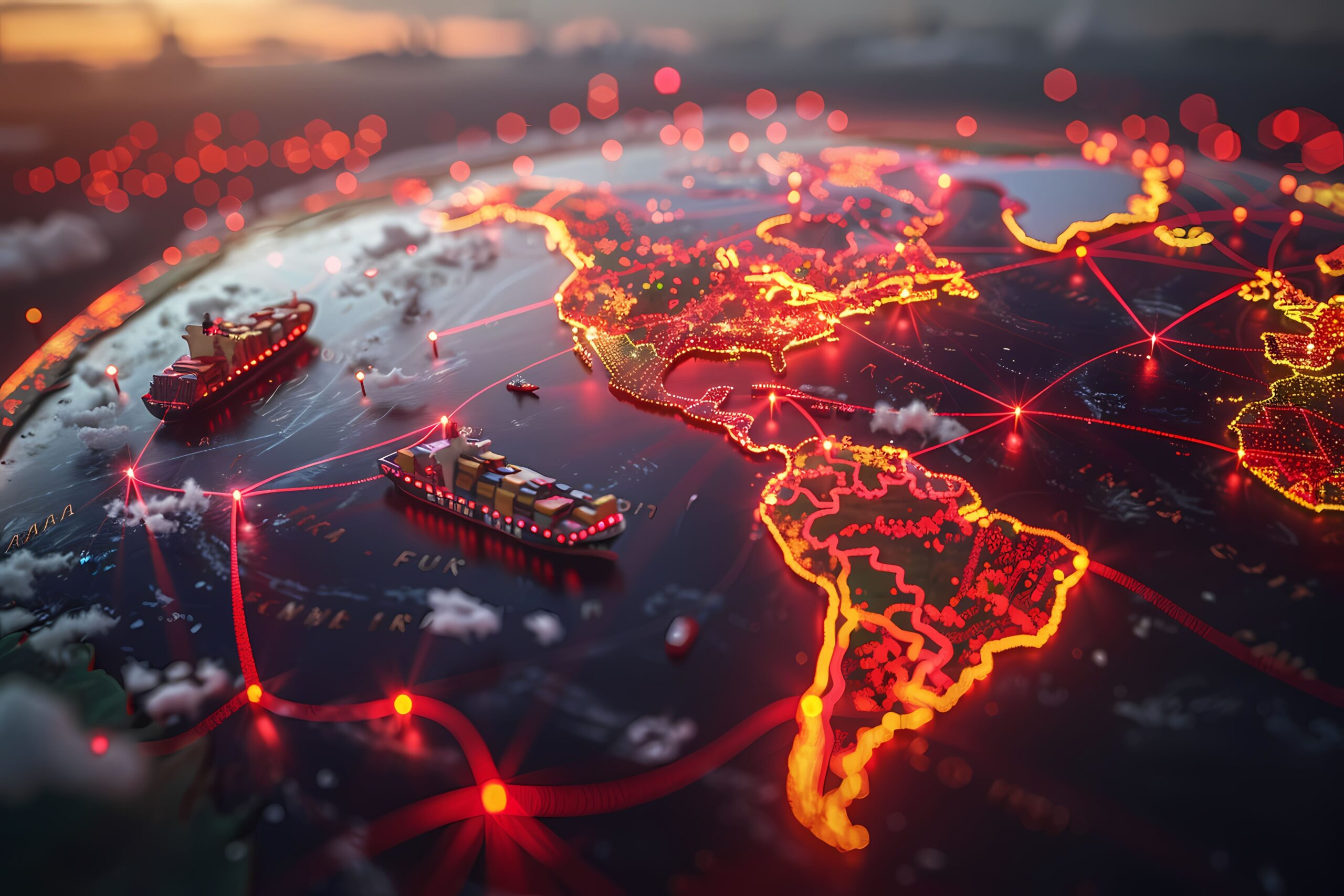
Introduction
The global supply chain is constantly changing, shaped by manufacturers around the world striving to limit risk, build resilience, manage costs, and explore new markets for production. In ASEAN, this transformation is especially visible. The region is becoming both a major manufacturing base and a fast-growing consumer market. To succeed here, companies must go beyond cost efficiency and focus on building a resilient supply chain supported by strong logistics and reliable 3PL partners.
ASEAN’s Role in Global Supply Chains
ASEAN is now one of the most attractive regions for supply chain diversification. McKinsey shows that Southeast Asia is a key choice for companies that want to move away from single-country dependency. Vietnam, Indonesia, and Malaysia received billions in new investments thanks to their infrastructure, lower costs, and closeness to consumers.
Trade in ASEAN is also becoming more regional. Many products made here stay in Asia. This creates an opportunity for companies to build logistics networks that connect several ASEAN countries, not only one.
From Efficiency to Resilience and Sustainability
In the past, supply chains were designed mainly for cost efficiency. But after COVID-19 and other disruptions, companies see that efficiency is not enough. The ASEAN+3 Macroeconomic Research Office (AMRO) says supply chains in Asia now must balance three things:
- Resilience ability to survive shocks like port closures or material shortage.
- Agility flexibility to change routes, shift production, or move inventory fast.
- Sustainability including ESG practices like low-carbon transport and green warehousing.
This means companies need new capabilities. Often, 3PL providers with regional reach are the best choice to provide these solutions.
Challenges of Multi-Country Supply Chains in ASEAN
Running business in many ASEAN markets is not easy. Some main challenges include:
- Different regulations and customs: every country has its own taxes and clearance rules, which can slow down shipments.
- Infrastructure gaps: not all ports, roads, or warehouses are of the same standard.
- Risk exposure: natural disasters, political changes, and currency volatility.
- Sustainability pressure: governments and consumers ask for greener supply chains.
HSBC notes that 76% of ASEAN companies are investing in digital solutions to make their supply chains stronger and more resilient.
How EFL 3PL Partners Help Build Resilience
3PL partners offer unique value to companies in ASEAN. With the right logistics provider, businesses can get:
- Extensive regional network: Access integrated, end-to-end logistics services across Malaysia and the wider ASEAN region, supported by our global network and modern facilities.
- Customs and compliance expertise: Our specialist customs brokerage teams stay ahead of evolving regulations to ensure faster and smoother cross-border operations.
- Real-time visibility: Through WMS, TMS, and IoT-enabled dashboards, you can track inventory and shipments with full transparency.
- Scalable capacity: Flexible warehousing, Pay-As-You-Use storage models, and multimodal solutions allow you to adapt quickly to demand shifts.
- Sustainable solutions: EFL 3PL’s optimized routing, carbon-aware practices, and eco-friendly operations support your ESG and sustainability goals.
Best Practices for Companies
When building a multi-country resilient supply chain in ASEAN, businesses should:
- Conduct comprehensive risk assessments: evaluate regulatory, environmental, and operational risks across each ASEAN market.
- Implement digital integration tools: connect data flows across warehousing, transportation, and customer demand for real-time visibility.
- Align regional strategy with local execution: maintain centralized planning, while adapting to each country’s consumer behavior and regulatory framework.
- Partner with an experienced 3PL: selecting logistics partners with multi-country coverage, strong local expertise, and proven compliance capabilities is crucial.
- Incorporate sustainability in supply chain design: adopt green logistics practices as a long-term differentiator, not only as a compliance requirement.
Conclusion
ASEAN is no longer only a low-cost production hub. It is a dynamic market that needs resilient supply chains supported by strong logistics partners. By working with experienced EFL 3PL, companies can manage risks, build visibility, and grow across several countries.
Get in touch with EFL 3PL Malaysia to build a resilient supply chain and grow your business across ASEAN.



